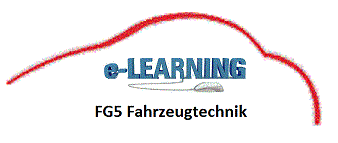Arbitration
Two CAN stations start a transmission simultaneously.
If two CAN stations want to send a message to the bus at the same time there is a collision. With the aid of arbitration the collision is detected and a station interrupts their transmission in a controlled manner.
Principle of arbitration
In principle the lower the number of the identifier, the higher the priority of the bus message.
Every CAN station continually monitors the bus. If the CAN station itself sends a message, the value of each and every bit sent is compared with the value actually at the bus. If both values are identical, it can continue their transmission uninterrupted. If a deviation is found, then a collision occurs; another station is sending a message with a higher priority at the same time. The other station is allowed preference while its own transmission is continued at a later time. This guarantees that messages with a higher priority are handled first. As a result low IDs are given to especially important messages in automobiles (e.g. in engine management or in the chassis area). Since a CAN bus works digitally, the numbers of the identifiers are binary coded. This way it can be represented in bits.






